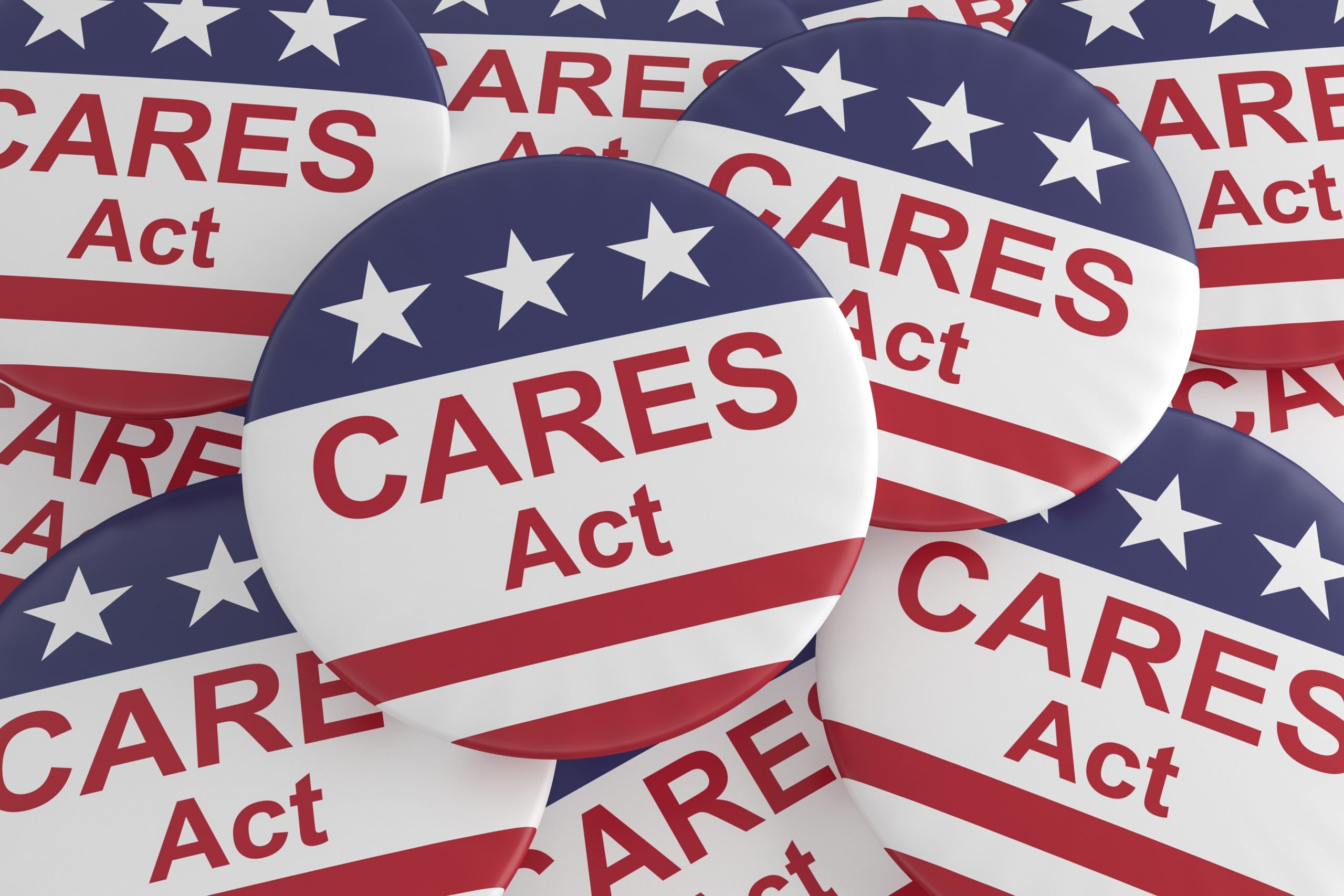Vision Hospitality President and CEO Mitch Patel was glad to see Congress pass and President sign the $2 trillion Coronavirus Aid, Relief, and Economic Security Act (CARES Act) that went into effect March 27.
But more can and should be done, Patel told the Nashville Standard. The CARES Act provided $350 billion in forgivable loans through the Small Business Administration. Small businesses are allowed to apply for up to 2.5 times their monthly payroll, with a $10 million cap.
That money was quickly snapped up by businesses desperate for funds during this massive economic downturn. Trump signed a bill on Friday adding $320 billion to the Paycheck Protection Program and companies can apply for that starting Monday.

Mitch Patel
“I do not believe the initial $350 billion was sufficient, and I am concerned that the additional $320 billion will not be either. Initial estimates were for over $900 billion in total requests,” Patel said. “We are grateful that Congress did something historic but the fact is many struggling small businesses still have not received any funds.
“Hotels and restaurants are some of the businesses that have been hit the hardest. The percentage of money that went to these businesses were less than 9 percent of the total PPP funds in the first round. Bottom line is that the crisis has impacted our business significantly due to no fault of ours.”
Patel founded Vision Hospitality Group, Inc. in 1997 when he had only $3,000 in his savings account. But his vision for Vision, based in Chattanooga, Tenn., was clear-eyed. It has grown to include a portfolio of 37 hotels in six states affiliated with premium brands such as Hilton Worldwide and Marriott International, including a boutique hotel, The Edwin. He had plans to open two more this year and seven in 2021.
Patel told CNN his company has done record business in January and February but business collapsed in March. The occupancy rate plummeted to around 10 percent in some hotels, although others are doing better, and has been forced to furlough 1,100 of 1,500 employees.
The Payroll Protection Program isn’t covering those idled workers, he said.
“I would be thrilled if it were enough but the reality is it’s a short-term preservation package that can carry many small businesses for a couple of months,” Patel said. “But if you get to June and people aren't traveling again, then the problem we have today will be much worse. Businesses like hotels will need more financial support. Many in our industry had initially called for four times monthly operating expenses to give ample resources to small businesses to weather this storm.”
The relief package states that companies will have their loans forgiven if workers are back on the job by June 30. Patel said that simply is not possible.
“The reality for many hotels and restaurants, however, is that people were already off the payroll by the time the plan was implemented due to travel restrictions or being closed by government mandates,” he said. “Many businesses are saying, ‘There’s no way I’m going to get my full staff back on board by June 30 with little demand and little revenue.’ What we’re asking Congress to do is move the June 30 date back to something like Oct. 31 to give businesses like hotels some flexibility on the forgiveness.”
Patel said there are other parts of the relief package he would like to see modified.
“The 75 percent-25 percent rule doesn’t fully appreciate that many of the small businesses, specifically restaurants and hotels, are either closed by government mandate or severely stripped of demand. In both cases there is no work to bring people back to,” he said. “However, the other eligible uses for the funds are manifest and must be paid currently. It would be very beneficial to the long-term viability of the most affected businesses, if that ratio were adjusted to a 50-50 split of payroll and other eligible expenses.
“Also, in order for the payroll requirements to make more sense, the period of time in which the funds need to be deployed, as well as the measurement period, should be extended.”
But he said it is clear the government is trying to assist struggling businesses.
Patel has reached out to Rep. Chuck Fleischmann (R-Tenn.), and is pleased with the response.
“I have been in frequent touch with Congressman Fleischmann and he has been a tremendous advocate,” he said. “I am very grateful for his tireless efforts on the behalf of his constituents.”






 Alerts Sign-up
Alerts Sign-up